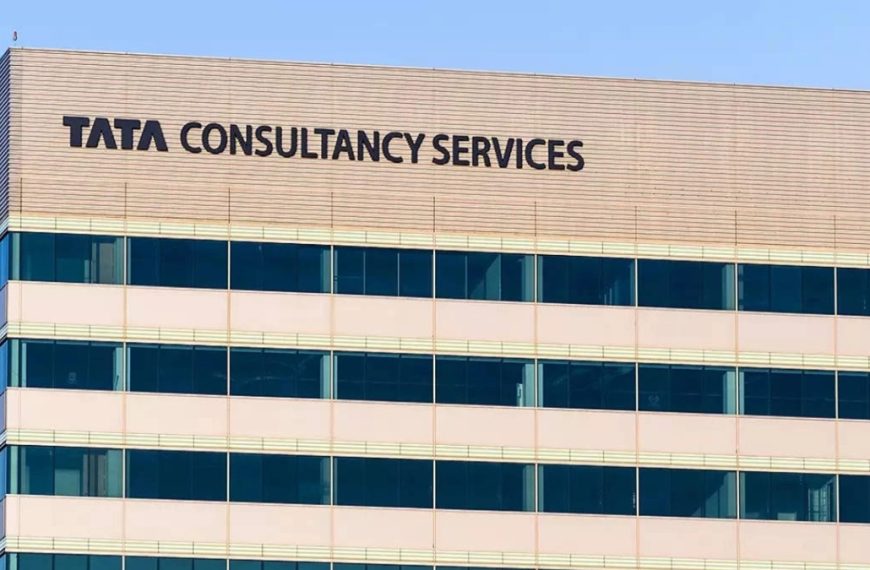PB Fintech has recently made headlines with its ambitious ₹696 crore investment in PB Healthcare Services, acquiring a 34% stake in a venture designed to establish a network of cost-controlled hospitals. This initiative aims to protect patients from exorbitant charges while ensuring that insurers operate fairly. As Yashish Dahiya, Chairman and Group CEO of PB Fintech, notes, patients entering these hospitals won’t need to worry about the terms "bill" and "claim."
Transition from Tech to Healthcare
The shift from a tech-centric, asset-light business model to a more asset-heavy hospital operation presents a significant challenge for PB Fintech. Although Dahiya has successfully built Policybazaar, navigating the complexities of a hospital chain while being an insurance broker entails a different set of skills. Experts caution that this pivot might not be easy. Dahiya himself acknowledges the inherent risks, stating, “There’s a 50% chance that this project could either succeed or fail.” Yet, his primary focus isn’t just on profitability; he aims to enhance health insurance adoption across India and foster trust among patients, insurers, and healthcare providers.
A One-Time Investment Approach
Dahiya has made it clear that PB Fintech plans to act as a one-time investor, serving as both an “incubator” and a “catalyst” rather than a long-term stakeholder. In addition to the ₹696 crore from PB Fintech, the co-founders, including Dahiya and Alok Bansal, alongside critical executives, will invest an additional ₹133 crore, raising their total stake in the new venture to 40%.
Following the first round of external funding expected by the end of July, Dahiya indicated that PB Fintech’s stake would decrease to 25%. While he is not ruling out future investments, he emphasizes, “At this moment, I don’t foresee PB Fintech investing again, but it’s not a definite ‘never.’”
Market Insights and Expert Opinions
Industry experts like Nischint Chawathe and MB Mahesh from Kotak Institutional Equities highlight that the success of PB Fintech’s venture is difficult to predict, especially with competitors like Narayana Health already leveraging their healthcare ecosystems with innovative insurance products. However, Madhukar Ladha, Director of Equity Research at Nuvama Institutional Equities, praises the management’s prudent approach, noting that they avoid overspending on acquisitions.
Despite the high demand for affordable healthcare in India, establishing a network of hospitals—initially planned to include five to six facilities in the Delhi-NCR, Gurugram, and Noida—will be a time-consuming endeavor. Some analysts express concerns that the initial capital of ₹2,500 crore may fall short.
Capital Requirements for Healthcare Facilities
Sachin Dixit, Director of Institutional Equities Research at JM Financial, underscores that the healthcare entity may require more capital than currently anticipated, particularly during the initial years when operating losses are expected. “Building quality healthcare facilities demands both time and capital to gain customer trust,” he explains. He believes stabilization could take about two years, with a successful model possibly emerging within five to six years.
The roadmap for owning six to eight healthcare facilities before expanding through franchises could lead to a capital requirement exceeding $200 million, contingent upon facility size. This strategic announcement comes amid rising competition in PB Fintech’s core business, particularly in the life insurance sector, where regulatory changes have affected commission structures.
Stock Performance and Future Prospects
PB Fintech’s stock has seen a dramatic correction, losing approximately 30% in the year 2025 alone. Factors contributing to this downturn include slower growth in ULIPs, a key growth driver, diminished sales in the motor segment, and limited short-term growth opportunities. Nevertheless, Kotak analysts remain optimistic, asserting that the company has several growth segments to explore and the capability to identify and meet emerging demands.
However, Ladha raises a crucial point regarding management bandwidth being diverted from PB Fintech’s core business. The economic viability of the new healthcare venture remains uncertain, especially during its gestation period until it achieves the necessary scale.
The Need for Efficient Healthcare Solutions
The necessity for a transparent and effective healthcare system is undeniable, particularly as healthcare costs continue to escalate. Dahiya notes that the average revenue per occupied bed in leading hospital chains has surged by 40-50% over the last five to six years. Despite rising health insurance premiums, growing at a 15% CAGR, incomes haven’t kept pace, causing concern among stakeholders.
Dahiya’s objective to keep premiums manageable could potentially enhance healthcare volume. Currently, about 40 million Indians purchase health insurance annually, averaging ₹10,000 each, totaling ₹40,000 crore. However, not all claims are resolved efficiently. According to a recent study by the Insurance Brokers Association of India (IBAI), insurers settled 85.76% of claims by count in FY23, but only 51.12% of the total claim value, with hospitals attributing rising costs to equipment and treatment inflation.
Dahiya has shown his capacity for disruption before, as seen with Policybazaar, which took 14 years to reach profitability. With a bit of luck, he may successfully navigate this new healthcare venture as well.











